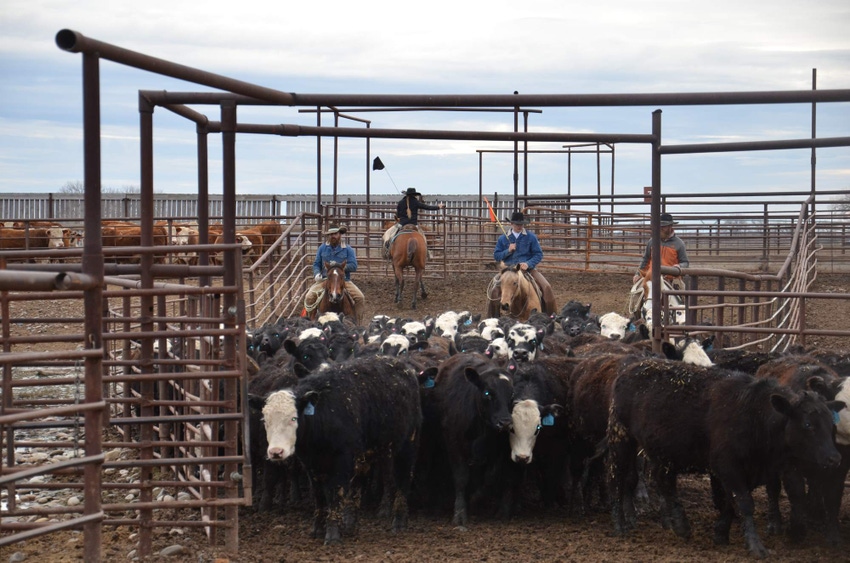GIPSA’s Farmer Fair Practices rule needs a final and permanent death
Let’s put an end, finally, to the divisive and controversial Farmer Fair Practices rule.

“This is another step toward common sense and away from counterproductive government intrusion in the free market. That said, while a delay is welcome, ultimately this rule should be killed and American cattle producers should be free to market our beef without the threat of government-sanctioned frivolous lawsuits.”
That statement by NCBA President Craig Uden is a good summary of the announcement this week by USDA’s Grain Inspection, Packers and Stockyards Administration (GIPSA) that it is extending the comment period, once again, on its controversial and misnamed Farmer Fair Practices rule.
GIPSA is delaying the effective date of its interim final rule to Oct. 19, 2017 and cattle producers have 60 days to make additional comments. During the comment period, the public will weigh in on whether USDA should (1) let the rule become effective, (2) suspend the rule indefinitely, (3) delay the effective date of the rule further, or (4) withdraw the rule.
BEEF agrees with NCBA and the National Pork Producers Council - this rule needs to die.
Why do we think that? Because our understanding of the GIPSA rule is that it will become a trial lawyer’s playground and remove much of the incentive for cattle producers to be entrepreneurs and add value to their cattle.
While that’s a bad situation for cattle producers, the main loser will be consumers. According to NCBA, current systems that allow producers to market their cattle as they see fit reward them for producing the higher-quality beef that consumers demand.
Under the interim final rule, however, USDA or a producer no longer needs to prove true economic harm. Instead, one only needs to say that he or she was treated "unfairly" to file a damaging lawsuit that could discourage cattlemen from continuing to invest in improving the quality of beef being produced.
For example, let’s look at this scenario: A cattle producer, in an effort to increase the value of his calves, enrolls in one of the programs or alliances now available that offers a vertically coordinated marketing opportunity. This producer does everything right; he spends the extra money and extra management effort to ensure his calves meet the program’s specifications. He then markets them for a nickel a pound more than his neighbor, who takes his unweaned calves to the sale barn and sells to the unlucky bidder who buys the health wreck that’s likely to ensue.
Was the neighbor treated unfairly in the marketplace? Absolutely not. Under the proposed GIPSA rule, could he sue for damages? Probably so.
Trial lawyers (read former GIPSA Administrator Dudley Butler here) are salivating at the prospect of this rule becoming the law of the land, Uden said. “If this rule isn’t killed once and for all, cattle producers will lose nearly all incentive to invest in the production of higher-quality beef. That would mean less revenue for producers and lower quality for consumers. That’s a lose-lose proposition and exactly why the rule needs to not only be delayed – it needs to be killed outright.”
Many of you reading this will agree. Some of you won’t. Regardless, make your opinion known by filing a comment with GIPSA.
About the Author(s)
You May Also Like


.png?width=300&auto=webp&quality=80&disable=upscale)
